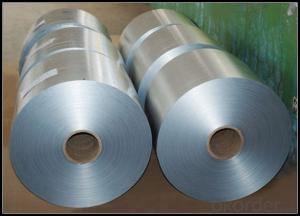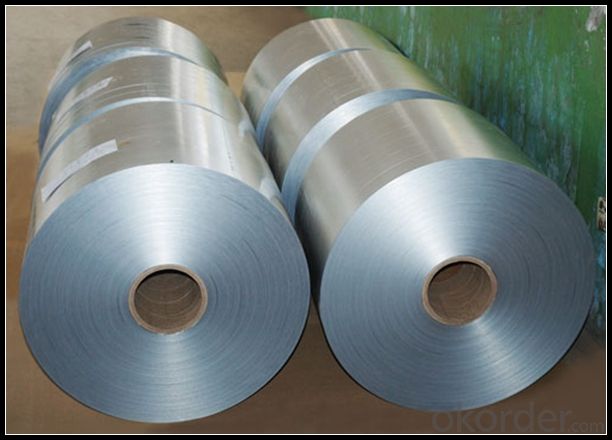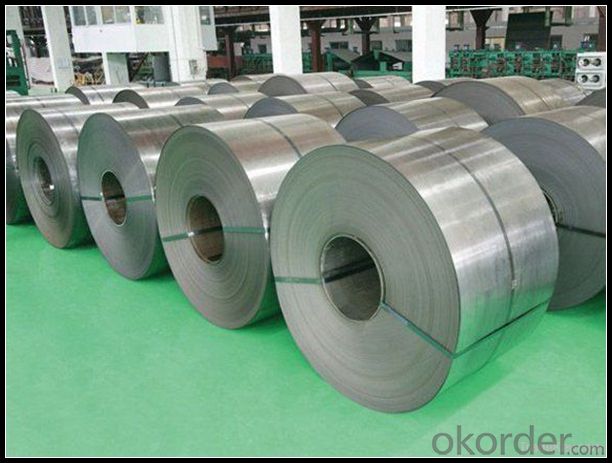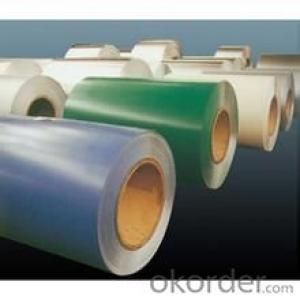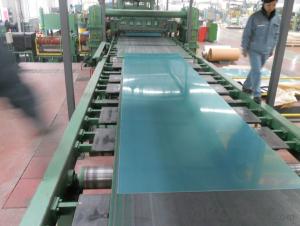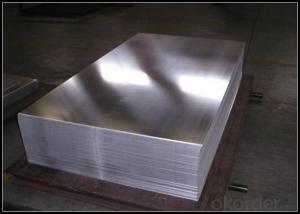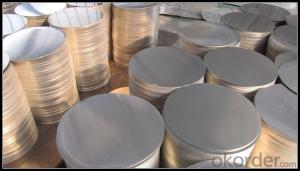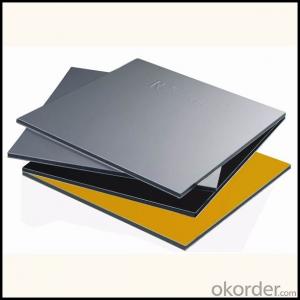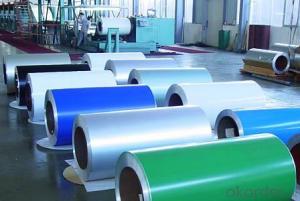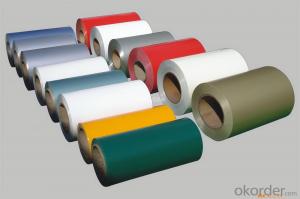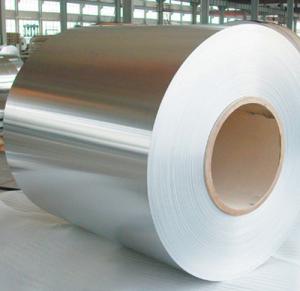Lennox Lh49 62e9t Aluminum Coil Price - Aluminum Sheets Stucco Embossed AA1060 H24 from China Famous Company
- Loading Port:
- Qingdao
- Payment Terms:
- TT OR LC
- Min Order Qty:
- 5 m.t.
- Supply Capability:
- 2000 m.t./month
OKorder Service Pledge
OKorder Financial Service
You Might Also Like
Specification
Thickness | 0.1mm-8mm |
Popular Thickness | 0.1mm/0.2mm/0.25mm/0.3mm/0.6mm/0.8mm/1.0mm/1.2mm/1.5mm/2.0mm/3.0mm |
Width | 20mm-2500mm |
inner diameter | 76mm / 152mm |
Material | AA1050, AA1060, AA1070, AA1100, AA1235, AA3003, AA3004, AA3005, AA5052, AA5005, AA5754, AA5083, AA8011, AA8079, etc |
Temper | O,H12,H14,H16,H18,H22,H24,H26,H32,H34,H36,H38, |
Surface | Mill finish / Coated |
Packing | Export standard wooden pallets |
Payment Terms | 100% irrevocable L/C at sight or 30% T/T in advance as deposit,70% balance against the B/L copy |
Minimum Order Quantity | 5000kg |
Delivery time | 30-35 days after the receiving L/C or deposit |
2. Application of
(1) Interior: wall cladding, ceilings, bathrooms, kitchens and balconies, shutters, doors, windows,
(2) Exterior: wall cladding, facades, roofing, canopies, tunnels,column covers , renovations.
(3).Advertisement: display platforms, signboards, fascia, shop fronts.
3. Feature of
Aluminum sheet specifications:
1) Alloy : 1050 1060 1070 1100 2024 3003 3004 3105 3A21 5005 5052 5083 5754 5182 5454 5456 6061 6063 7075 8011 etc
2) Temper: O/H12/H14/H1/H18/H32/H34/H36/H38//H111/H112/H116/H321/T6/T651/T3/T351 etc
3) Thickness: 0.1mm to 300mm
4) Width:20mm to 3300mm
5)Length: ≤ 12000mm
6) Protective film can be added
7) Production Line: DC and CC production line
4. Certificate:
SGS and ROHS (if clients request, paid by client), MTC (plant provided), Certificate of Origin (FORM A, FORM E, CO), Bureau Veritas (if client request, paid by client), CIQS certificate and so on.
5. Image of Aluminum sheets
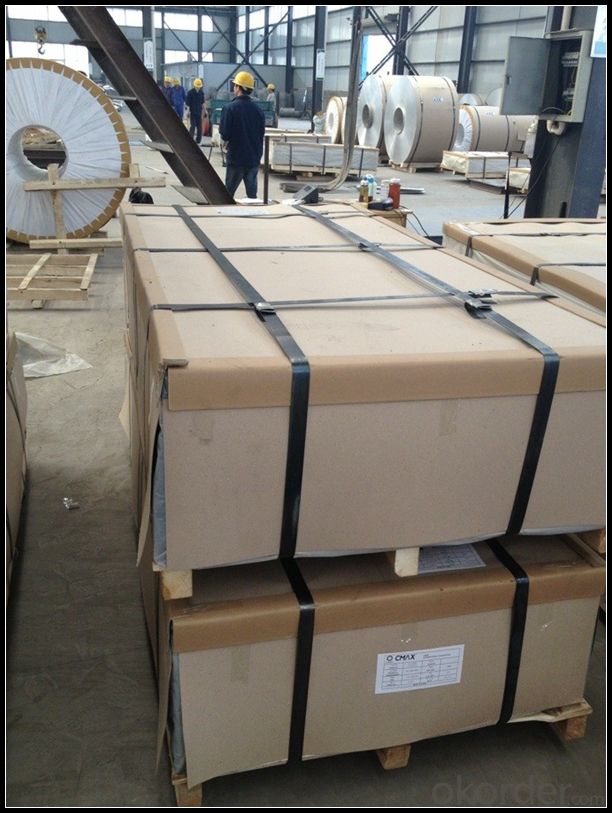
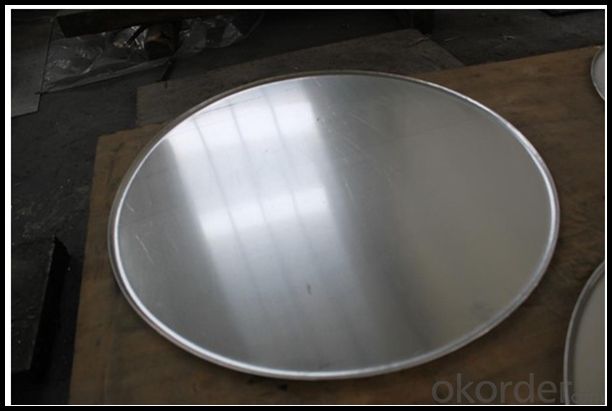
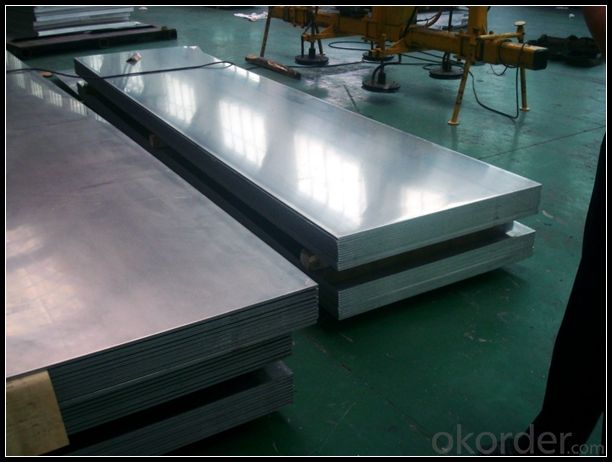
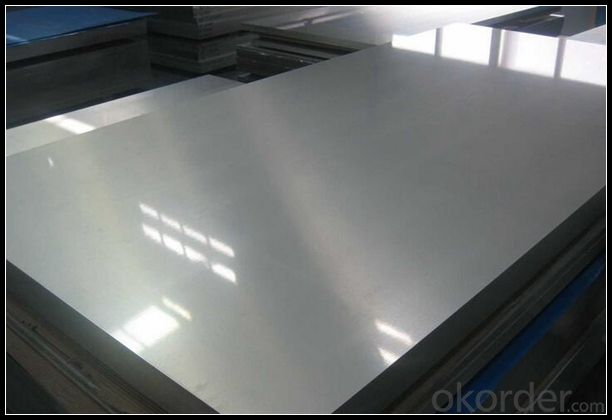
6. Package and shipping of
Eye to wall
Eye to the wall
With wooden pallet (wooden case also available)
7. FAQ
1) What is the delivery time?
Depends on actual order, around 30 to 35 days
2) What is the QC system?
We have QC staff of 20 persons and advanced equipment, each production is with MTC traced from Aluminum ingot lot.
3) What market do you mainly sell to?
Australia, America, Asia, Middle East, Western Europe, Africa etc
- Q: This question asks for methods to assess the quality of aluminum coil, which is important in industries where aluminum products are used.
- <p>To check the quality of aluminum coil, you should inspect its surface for any defects like scratches, dents, or discoloration. Measure its thickness and width to ensure they meet the specified standards. Test its mechanical properties, such as tensile strength and elongation, to verify its strength and flexibility. Conduct a chemical analysis to confirm the alloy composition and purity. Check for any impurities or inclusions that could affect performance. Finally, assess the coil's flatness and straightness to ensure it's suitable for further processing.</p>
- Q: Can aluminum coils be customized in terms of thickness?
- Aluminum coils can indeed undergo customization in terms of thickness. The specific requirements of a particular application can determine the adjustment of aluminum coils' thickness. This customization is attained through the process of aluminum coil slitting, which involves cutting the original coil into narrower coils of the desired thickness. This method enables the flexibility to meet a range of needs and specifications across diverse industries.
- Q: Other than alloys. I'm trying to think of a way I can make an aluminum knife that will hold an edge. One group of researches say they used 60 metric tons of force to realign the molecular structure and give the metal strength equal to steel. I don't have a 60 ton press aha. Would heat treatment plus 10 tons of pressure repeated have a similar affect?
- No. You would have to use the exact procedure or use alloys.
- Q: How are aluminum coils processed for specific surface finishes?
- Aluminum coils are processed for specific surface finishes through various methods such as mechanical polishing, chemical etching, anodizing, or coating. These processes help achieve desired appearances, textures, and protective coatings on the aluminum surface.
- Q: What are the elements and compounds that make up an aluminum coil?
- <p>The chemical composition of an aluminum coil is primarily aluminum (Al), which is a lightweight, malleable, and ductile metal. It is usually represented by its elemental symbol 'Al' and has an atomic number of 13. Aluminum is often alloyed with other elements to improve its strength and performance. Common alloying elements include copper (Cu), magnesium (Mg), manganese (Mn), silicon (Si), and zinc (Zn). These elements are added in varying percentages depending on the specific properties required for the aluminum coil's application. The purity of aluminum in a coil can range from 99.00% to 99.7%, with the remainder being trace amounts of other elements.</p>
- Q: How are aluminum coils protected against damage during handling?
- Various methods and precautions are employed to protect aluminum coils from damage during handling. To begin with, the coils are typically enveloped in a protective layer, such as plastic or paper, which serves as a barrier against physical contact and scratches. This wrapping also serves to prevent direct contact with moisture or dirt. Furthermore, aluminum coils are frequently affixed to pallets or housed within crates to provide additional protection during transportation. These pallets or crates serve as a buffer, absorbing any shocks or impacts that may occur during handling or shipping. This effectively reduces the risk of dents, bends, or other types of damage that could compromise the coils' integrity. Moreover, proper handling techniques are employed to ensure the coils are not mishandled or dropped. Forklifts or cranes are commonly utilized to lift and move the coils, thereby minimizing the possibility of human error or accidental damage resulting from manual handling. In conclusion, a combination of protective wrapping, secure packaging, and careful handling practices are implemented to safeguard aluminum coils against potential damage throughout their transportation and handling procedures.
- Q: How do aluminum coils contribute to the insulation properties of products?
- Aluminum coils contribute to the insulation properties of products by providing a barrier against heat transfer. The coils are often used as a reflective surface in insulation systems, reflecting thermal radiation and reducing the amount of heat that is conducted through the material. This helps to maintain a more stable and comfortable temperature inside the product, improving its overall insulation effectiveness.
- Q: Can aluminum coils be used in electrical transmission systems?
- Yes, aluminum coils can be used in electrical transmission systems. Aluminum is commonly used as a conductor in power transmission due to its low resistance, lightweight, and cost-effectiveness. However, it requires a larger cross-sectional area compared to copper to carry the same amount of current.
- Q: What are the cost implications of using aluminum coils?
- The cost implications of using aluminum coils can vary depending on several factors. Generally, aluminum coils tend to be more expensive initially compared to other materials like copper. However, they offer long-term cost savings due to their durability, corrosion resistance, and energy efficiency. Aluminum coils also require less maintenance and have a longer lifespan, reducing replacement and repair costs. Additionally, aluminum coils are lighter, which can result in lower transportation and installation expenses. Therefore, while the upfront cost may be higher, the overall cost savings and benefits of using aluminum coils make them a cost-effective choice in the long run.
- Q: Can aluminum coils be coated with protective films?
- Coating aluminum coils with protective films is a prevalent practice across industries. These films, typically composed of materials like polyester or polyethylene, are applied to the coils using adhesive or heat bonding. Their main purpose is to safeguard the coils from damage, scratches, or corrosion during storage, transportation, or processing. Acting as a barrier, the films shield the coils from moisture, dirt, chemicals, and other external factors. Some protective films even offer temporary UV protection. Ultimately, this practice guarantees the preservation of the coils' quality and integrity throughout their handling and usage.
Send your message to us
Lennox Lh49 62e9t Aluminum Coil Price - Aluminum Sheets Stucco Embossed AA1060 H24 from China Famous Company
- Loading Port:
- Qingdao
- Payment Terms:
- TT OR LC
- Min Order Qty:
- 5 m.t.
- Supply Capability:
- 2000 m.t./month
OKorder Service Pledge
OKorder Financial Service
Similar products
Hot products
Hot Searches
Related keywords
